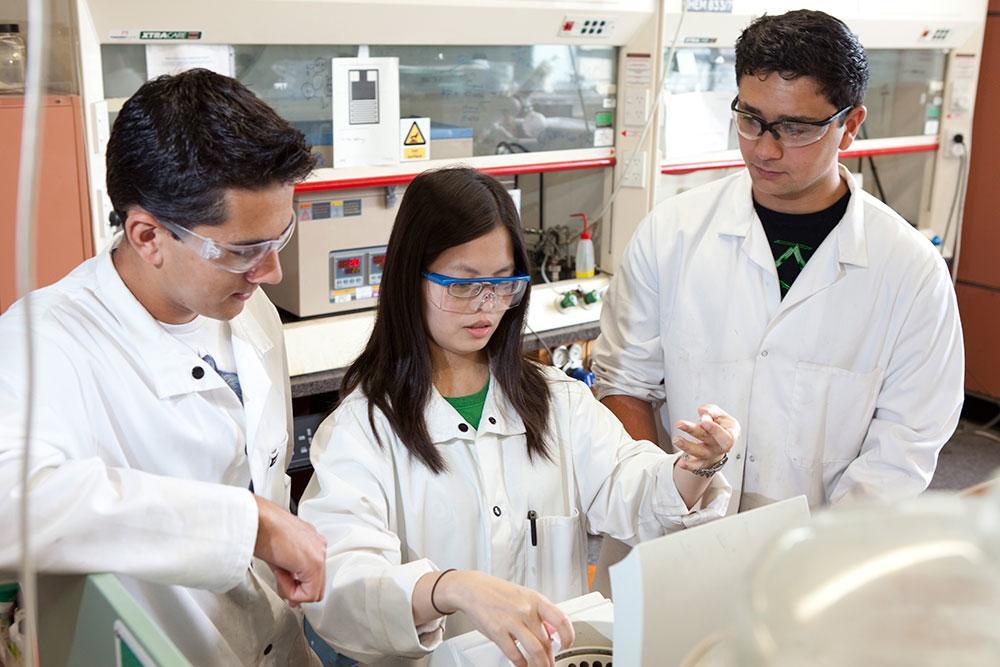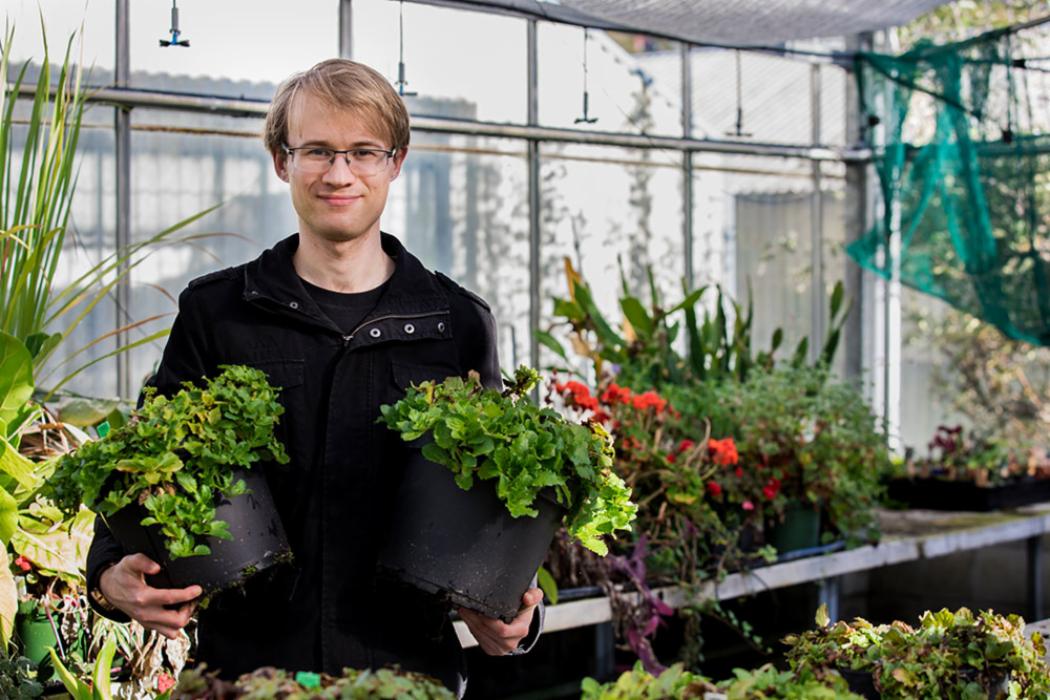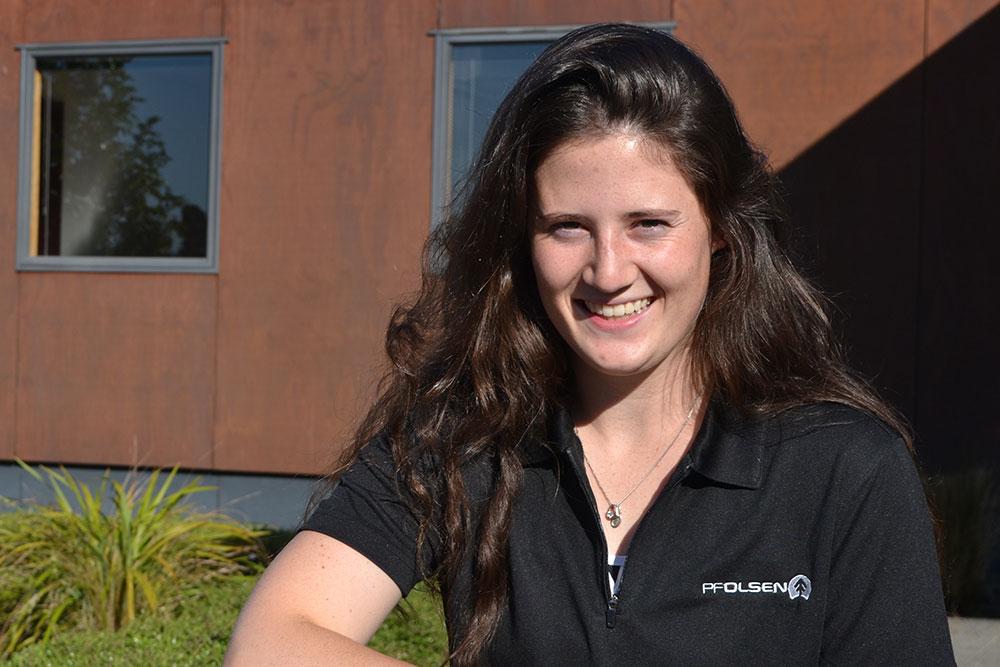Chemistry
Introduction
Chemistry is the central science. It deals with the composition, structure, and behaviour of the atoms and molecules that make up all forms of matter. Understanding the world at an atomic level is essential to all areas of science. Chemistry interlinks and contributes to medicine, geology, materials science, molecular physics, biology, and astronomy.
Its central role in science is emphasised by the fact that Chemistry merges with Biological Sciences (the field of biochemistry) at one extreme, and with Physics (physical chemistry and chemical physics) at the other.
Chemistry propels advances in modern society and has an important role to play in solving major global challenges such as energy sustainability, food supply, health, and the environment. Every day, we utilise products developed by experimental chemists, such as plastics, fabrics, petrol, and pharmaceuticals.










